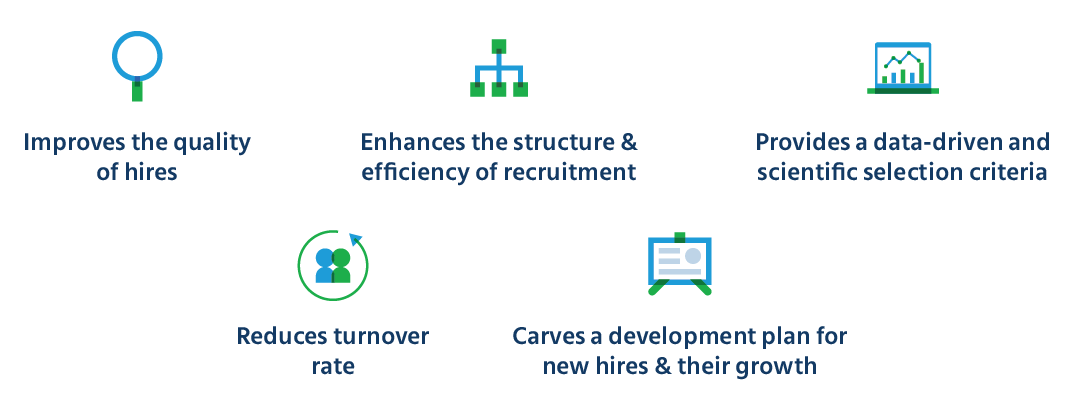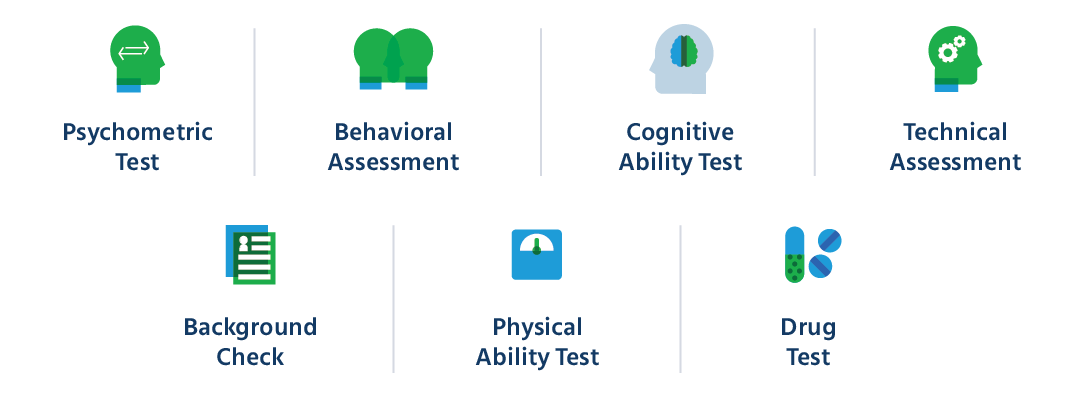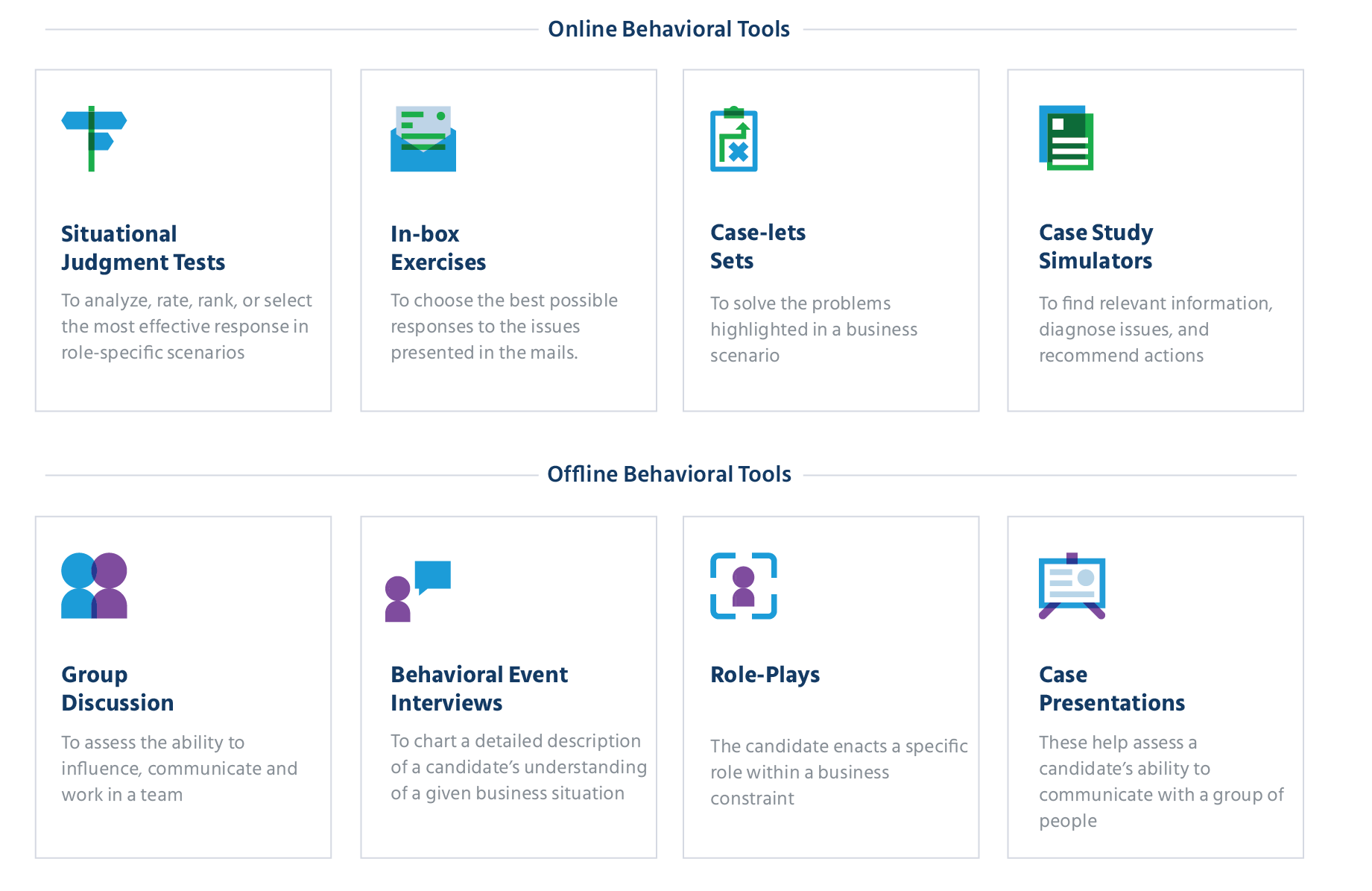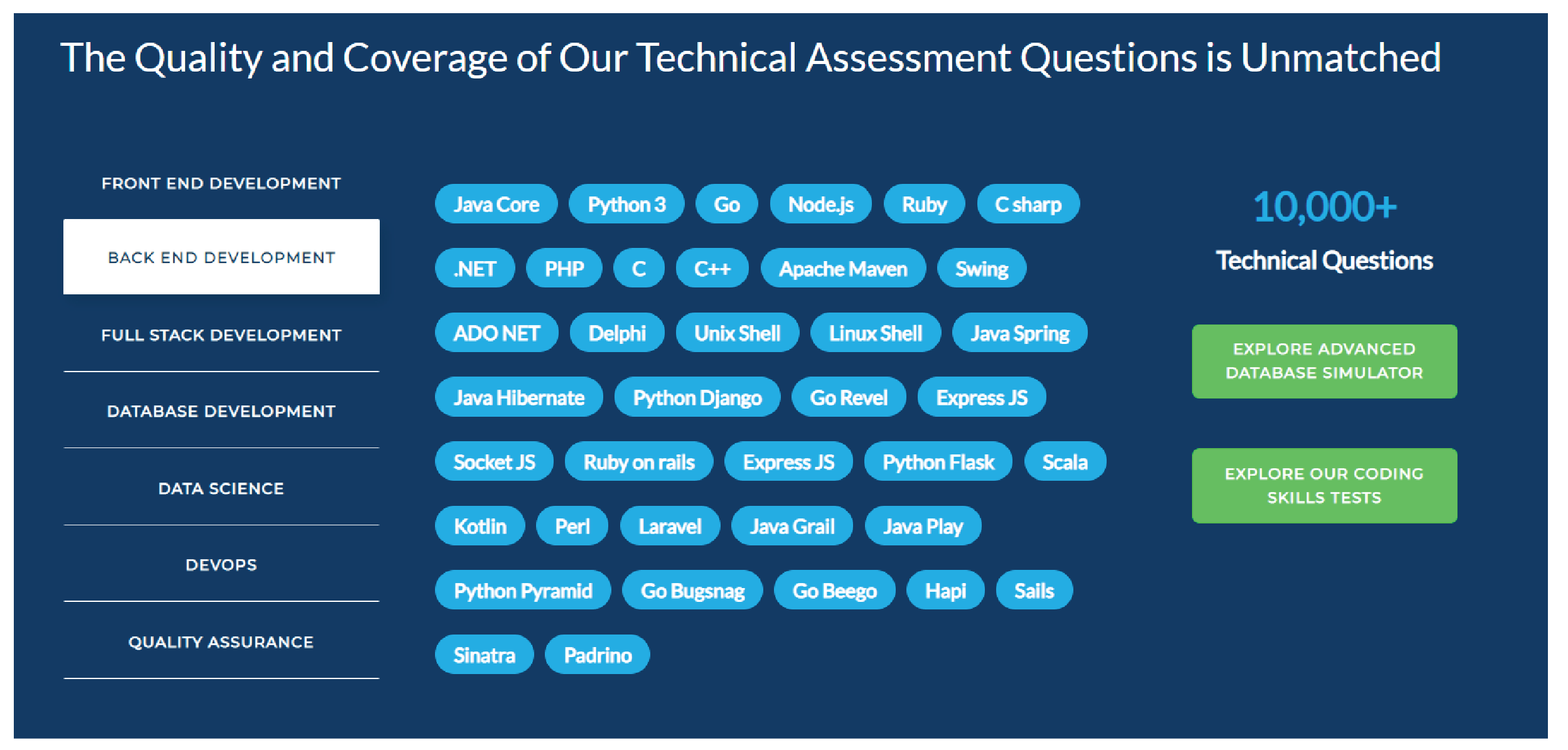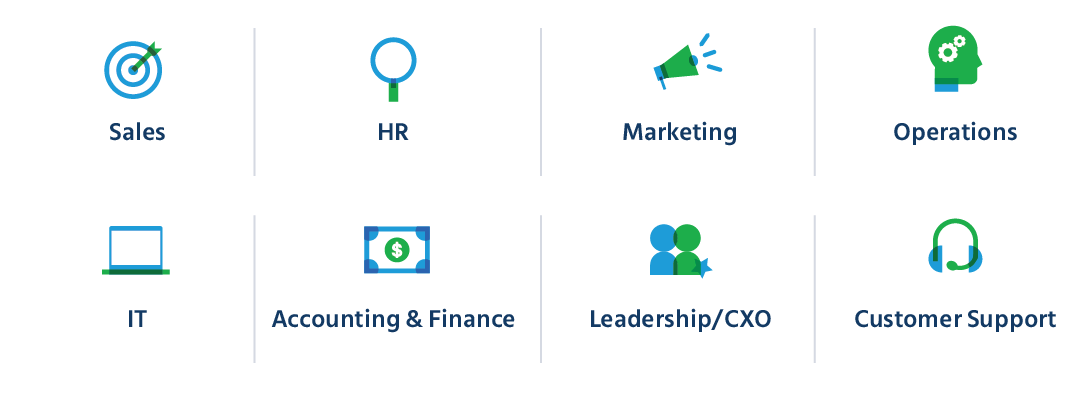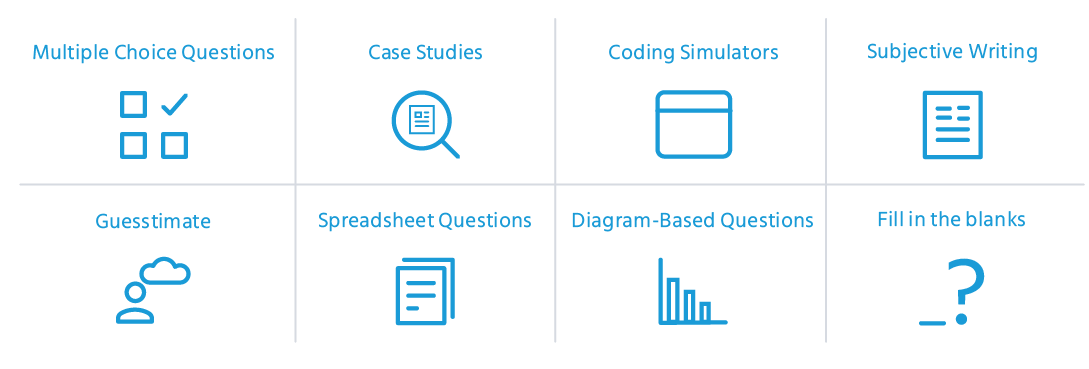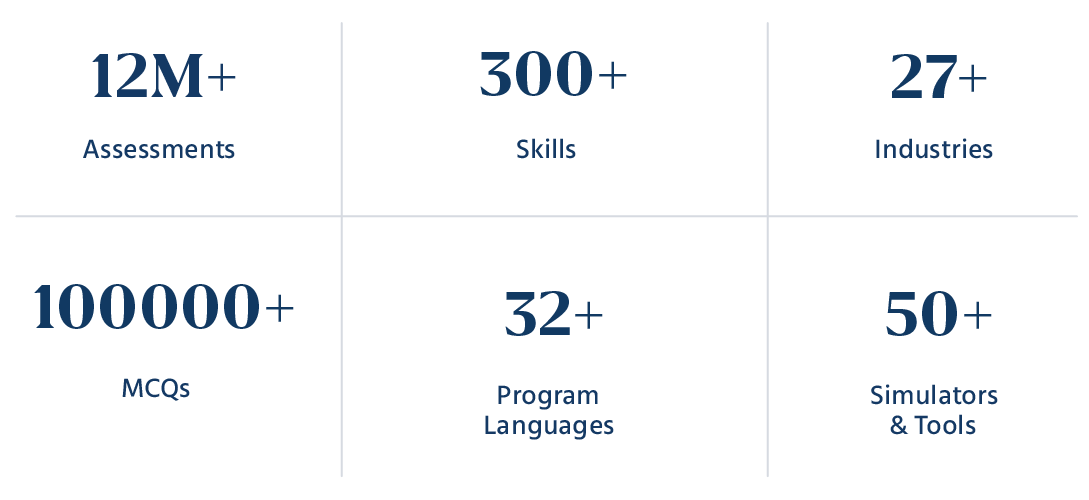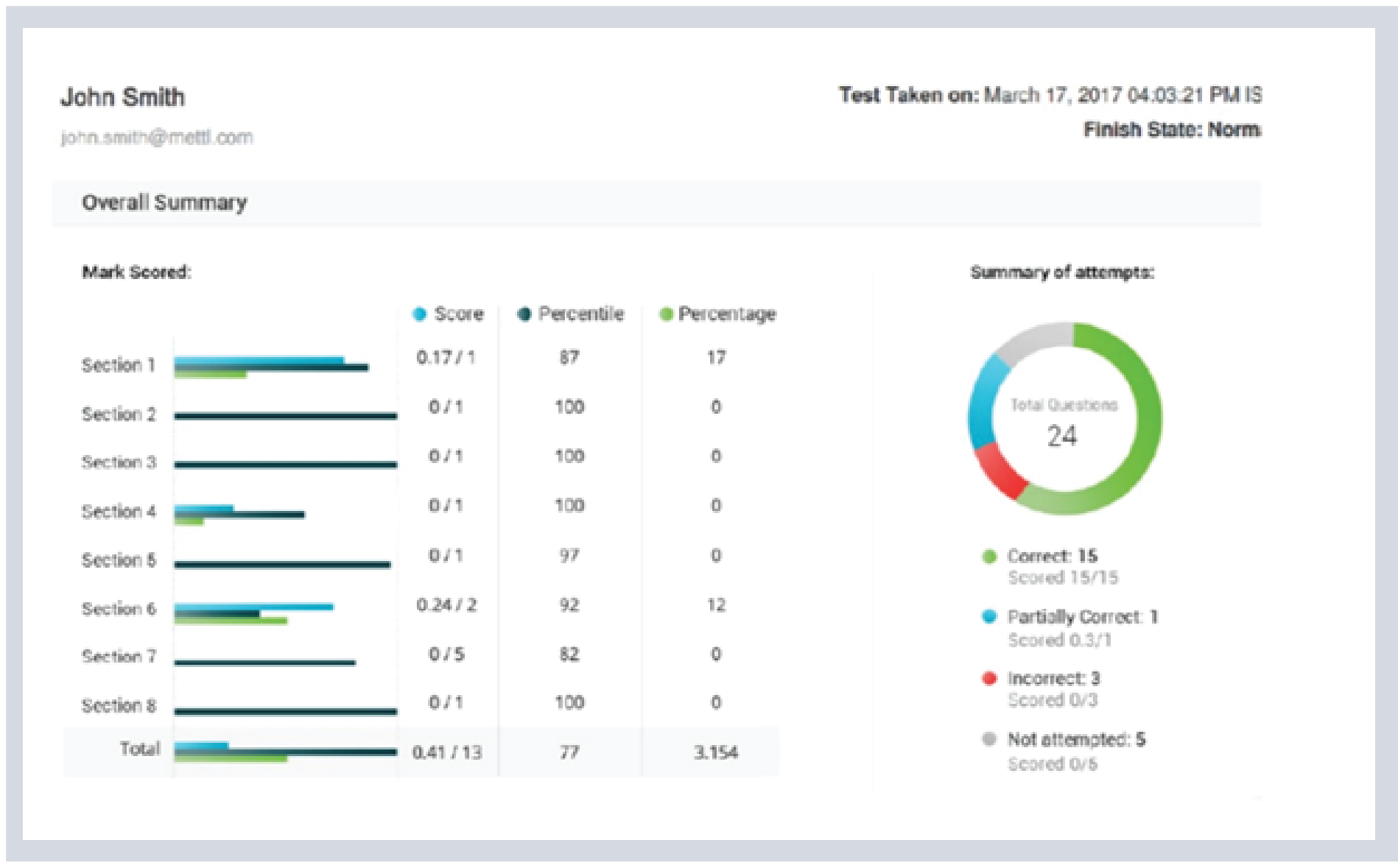Reliability is a prerequisite to validity. Take the example of dart players. In repeated trials, they continue to miss the mark consistently by about two inches. Of course, this implies a reliable aim. Each shot hits the board in a region two inches from the target. It is difficult not to question their validity as professionals, considering they do not hit the bull’s eye, as is the aim of all professional dart players when compared with their peers. Reliability and validity coincide, but reliability by no means indicates validity.

Reliability
Reliability is an indicator of an assessment’s ability to produce consistent results over time, and within the assessment, among the different factors tested. Naturally, a high reliability score means the test produces consistent results over time. However, it is important to understand that high reliability does not mean that the test gives the right results. Accuracy of a test, or how exactly the test measures what needs to be measured, is reflected by a test’s validity score. An assessment’s reliability can be evaluated in many ways. One way is to measure the consistency of scores obtained by the same individual across items within the same test. This is commonly tested through a statistical indicator called Cronbach alpha, a measure of inter-item correlation. The Cronbach alpha coefficient ranges from .00 to 1.00. A perfectly reliable test would have a reliability coefficient of 1.00, and a completely unreliable test would have a reliability coefficient of .00. Reliability can be divided into the following categories:
i) Test-retest Reliability
Test-retest reliability measures if the test procures similar results when conducted over a period on the same group of people. This is followed by a test-retest correlation between the two scores. The results should indicate that the tool represents consistent results considering the variables remain constant.
ii) Alternate or Parallel From Validity
Alternate form reliability occurs when an individual participating in a research or testing scenario is given two different versions of the same test at different times. The scores are then compared to evaluate if it is a reliable form of testing.
iii) Inter-rater Reliability
Inter-rater reliability (IRR) is the level of agreement between raters or observers. If everyone agrees, IRR is 1 (or 100%), and if everyone disagrees, IRR is 0 (0%). This form of reliability addresses the consistency of implementing a particular rating system.
iv) Internal Consistency Reliability
Internal consistency is a measure based on the correlations between different items on the same test. It measures whether several items that propose to measure the same general construct produce similar scores. Internal consistency ranges between negative infinity and one.
Validity
Kelly (1927, p. 14) formulated the concept of validity, who stated that a test is valid if it measures what it claims to measure. For example, a test of intelligence should measure intelligence and not something else (such as memory). This is not the same as reliability, which is the extent to which a measurement gives consistent results. Within validity, the measurement does not always have to be similar, as it does in reliability. However, just because a measure is reliable, it is not necessarily valid. E.g., a scale that is five pounds off is reliable but not valid. A test cannot be valid unless it is reliable. Validity (similar to reliability) is a relative concept; validity is not an all-or-nothing idea. There are many different types of validity.

Content Validity
Content validity or content-related validity refers to how well a test measures its intended behavior. It requires the use of recognized subject-matter experts to evaluate whether test items assess defined content and more rigorous statistical tests. It is most often addressed in academic and vocational testing, where test items need to reflect the knowledge required for a given topic area such as a job skill (e.g., accounting). It is divided into face and construct validity.
i) Face Validity
Face validity refers to the degree to which an assessment or test subjectively appears to measure the variable or construct it is supposed to measure. In other words, face validity is when an assessment or test appears to do what it claims to do.
ii) Construct Validity
Construct signifies that the test is precisely measuring the construct it claims to measure. Construct validity is used in education, psychology and social sciences. There is no single method to determine the construct validity of a test. Instead, different methods and approaches are combined to present the overall construct validity of a test. For example, factor analysis and correlational methods can be used.
Criterion Validity
Criterion validity or criterion-related validity measures how well one measure predicts an outcome for another measure. A test has this type of validity if it is useful for predicting performance or behavior in another situation (past, present, or future). For example:
A job applicant takes a performance test during the interview process. If this test accurately predicts how well the employee will perform on the job, the test is said to have criterion validity. It can be divided into predictive and concurrent validity.
i) Predictive Validity
This tells us how precisely a tool predicts a specific outcome and is the greatest possible extent of validation. A good tool will be the one that predicts how well an individual will perform their job.

ii) Concurrent Validity
Concurrent validity indicates the degree of agreement between two different assessments. Generally, one assessment is new, while the other is well-established and has already been proven to be valid. It can also refer to the practice of testing two groups simultaneously or asking two different groups of people to take the same test.









 Behavioral Competencies
Behavioral Competencies Cognitive Competencies
Cognitive Competencies Coding Competencies
Coding Competencies Domain Competencies
Domain Competencies















